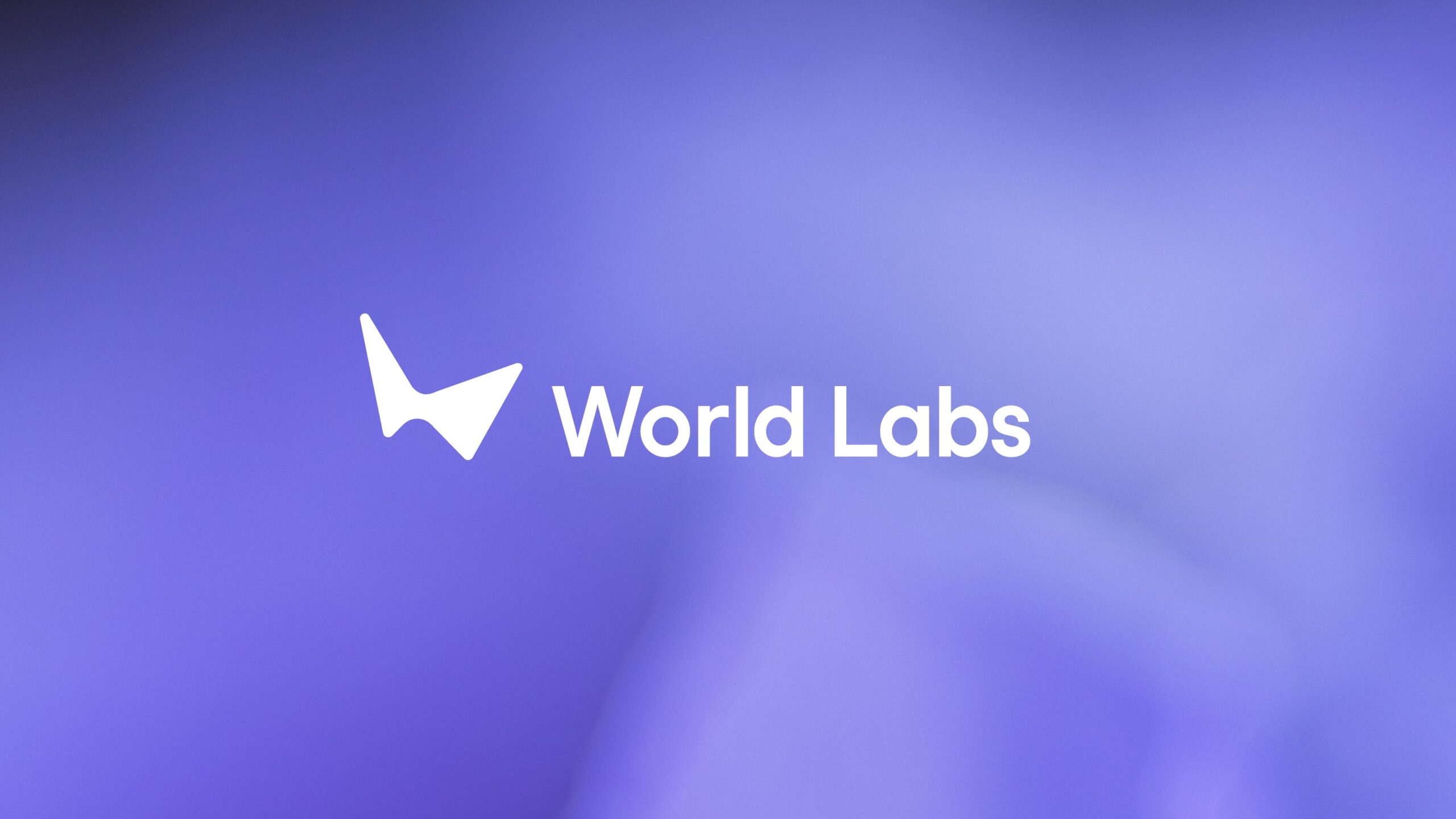Startup founded by 'godmother of AI' aims to give machines true 3D understanding of the world

Fei-Fei Li, a prominent figure in AI research, has founded a new startup called World Labs, which aims to develop AI models capable of understanding the three-dimensional world. The company raised $230 million in its initial funding round.
Investors in the round include venture capital firms Andreessen Horowitz, New Enterprise Associates, and Radical Ventures. Technology companies AMD, Intel, and Nvidia also participated through their investment divisions.
World Labs plans to train "large world models" or "LWMs" based on the same Transformer architecture that powers OpenAI's ChatGPT chatbot. However, Li stressed that the Transformer will not be the sole foundation of their models.
The San Francisco-based startup, which currently has 20 employees, aims to develop AI with spatial intelligence. "The images and videos that you have seen so far coming out of generative AI models do not give you enough of the whole sense of how a 3D world is built," Li explained to Reuters.
Spatial intelligence drives a "virtuous cycle of seeing and doing"
According to Li, "spatial intelligence" refers to the ability of AI systems to understand and reason about the workings of the three-dimensional physical world. In a TED talk, she used the example of a picture showing a cat pushing a glass to the edge of a table. The human brain can instantly grasp the geometry of the glass, its position in 3D space, its relationship to the table and the cat, predict what will happen, and act accordingly.
Li emphasizes that nature has created a "virtuous cycle of seeing and doing" driven by spatial intelligence. Her lab at Stanford University is working on teaching computers to act in the 3D world, such as using a large language model to instruct a robotic arm to perform tasks like opening a door or making a sandwich based on verbal instructions. Li sees spatial intelligence as key to enhancing the reasoning capabilities of AI systems.
Fei-Fei Li remains at Stanford
Fei-Fei Li, known as the "godmother of AI," developed ImageNet, a comprehensive image dataset that enabled a new generation of computer vision technologies. From 2017 to 2018, she led the AI department at Google Cloud.
In addition to her work at World Labs, Li will continue her role at the Human-Centered AI Institute at Stanford University, which focuses on developing AI technologies that improve the human condition.
AI News Without the Hype – Curated by Humans
As a THE DECODER subscriber, you get ad-free reading, our weekly AI newsletter, the exclusive "AI Radar" Frontier Report 6× per year, access to comments, and our complete archive.
Subscribe nowAI news without the hype
Curated by humans.
- Over 20 percent launch discount.
- Read without distractions – no Google ads.
- Access to comments and community discussions.
- Weekly AI newsletter.
- 6 times a year: “AI Radar” – deep dives on key AI topics.
- Up to 25 % off on KI Pro online events.
- Access to our full ten-year archive.
- Get the latest AI news from The Decoder.